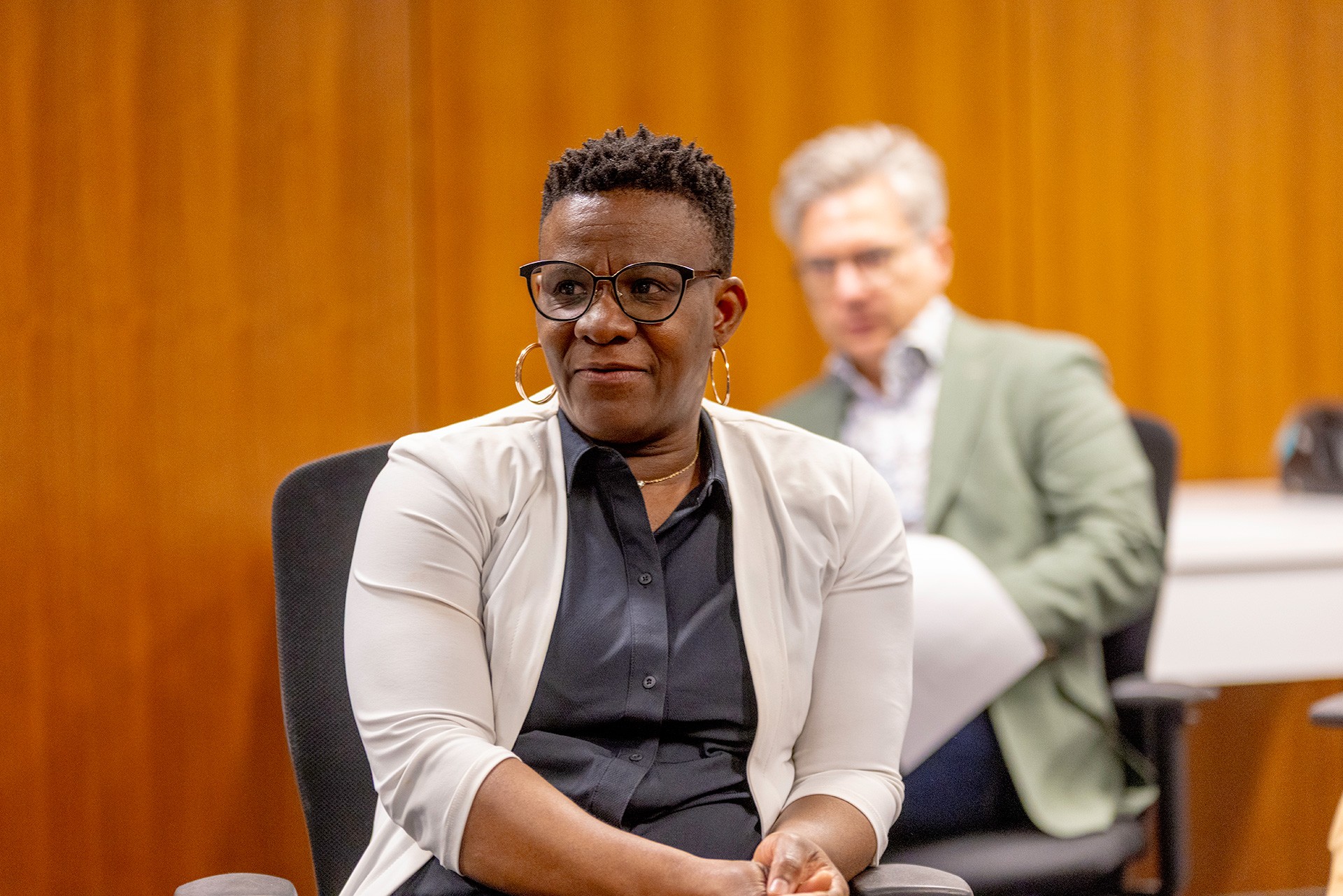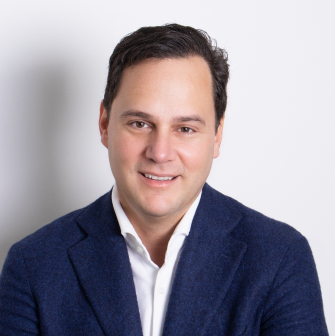Managing the Financial Risks of Carbon Exposure
Overview
In this course, participants will gain the knowledge they need to establish a high integrity carbon offset program within their organization. Instructors will provide an overview of carbon markets, while demonstrating their impact on financial performance and the catalysts and tailwinds that could lead to significant change within your industry.

Details
Format |
In person or online |
Language |
English |
Accreditation |
e-certificate |
Corporate training
This course or program can be customized to meet your organization’s specific needs.
Who should attend
- Treasury professionals responsible for hedging programs
- Risk teams responsible for calculating organizational carbon risk
- Investors looking to be liquidity providers for environmental commodities
- Portfolio managers responsible for overseeing portfolio offsets
- Law firms working on purchase agreements
- ESG, sustainable investing, and corporate sustainability teams involved in program management
- Investment and finance professionals
- Portfolio managers, analysts, and traders who lack in-house ESG and sustainability support
- Investment consultants conducting due diligence
- Professionals in law, accounting, and/or actuarial firms involved in sustainability advisory
- Students, ESG and sustainability consultants looking to bolster their credentials and expand their professional network
Key takeaways
- Conduct an industry analysis to identify and assess the financial impacts and dependencies of carbon on portfolios and capital markets
- Apply a framework to evaluate the effects of carbon and incorporate insights into financial statements and valuation
- Learn to quantify a carbon asset or liability
- Use a portfolio-based approach to design a carbon offset program
- Design a method to monetize or hedge the impact of carbon on financial performance
Course leader

Jason Taylor, CFA, CAIA, MBA
Founder of Clariti Advisory and sustainable finance leader


